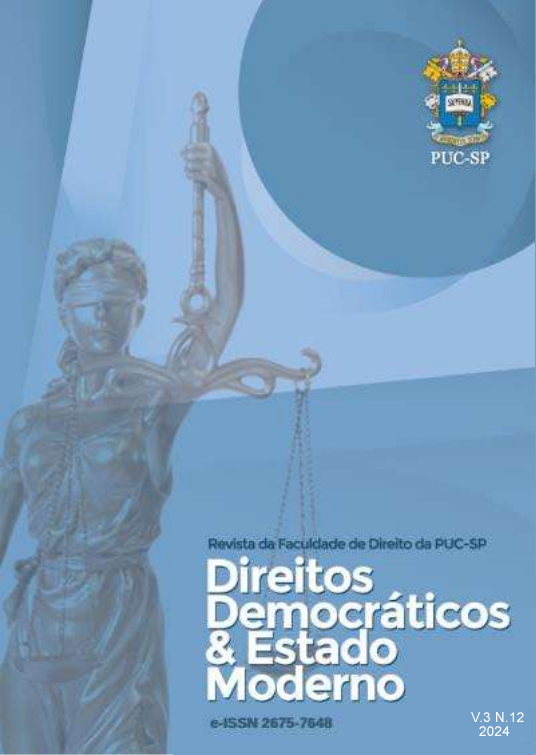Principle of legitimate expectation and Social Security
an analysis under the legal regime of fundamental rights.
DOI:
https://doi.org/10.23925/ddem.v.3.n.12.68365Keywords:
Constitutional Law, Principle of legitimate expectations, Fundamental rights, Social Security, Social Security Law, Security benefitsAbstract
The work aims to analyze, based on the legal framework of fundamental rights, the principle of legitimate expectations and its applications in the context of Social Security Law cases. Employing an analytical-bibliographic methodology and extensive jurisprudential research, the paper examines closely related concepts such as hope, expectations and confidence. Starting with a sociological perspective, the intention is to assess how the Science of Law deals with these realities. It is proposed that the legitimate expectations be recognized simultaneously as a fundamental right and an implicit constitutional principle, with significant implications and applications in the realm of social security. The legitimate expectations serves as an objective limit to legislative and constitutional changes, as well as modifications to jurisprudence and administrative actions related to social security benefits. The thesis argues for the existence of a “time factor”, delimited to five years, after which the State is obliged to respect the legitimate expectations arising from its own enacted acts.
Downloads
Published
How to Cite
Issue
Section
License
Copyright (c) 2024 Democratic Rights & Modern State

This work is licensed under a Creative Commons Attribution 4.0 International License.
This work is licensed under a License Creative Commons Atribuição 4.0 Internacional.
The authors grant the journal all copyrights relating to the published works. The concepts issued in signed articles are the absolute and exclusive responsibility of their authors.
DD&EM Magazine - ISSN 2675-7648

















